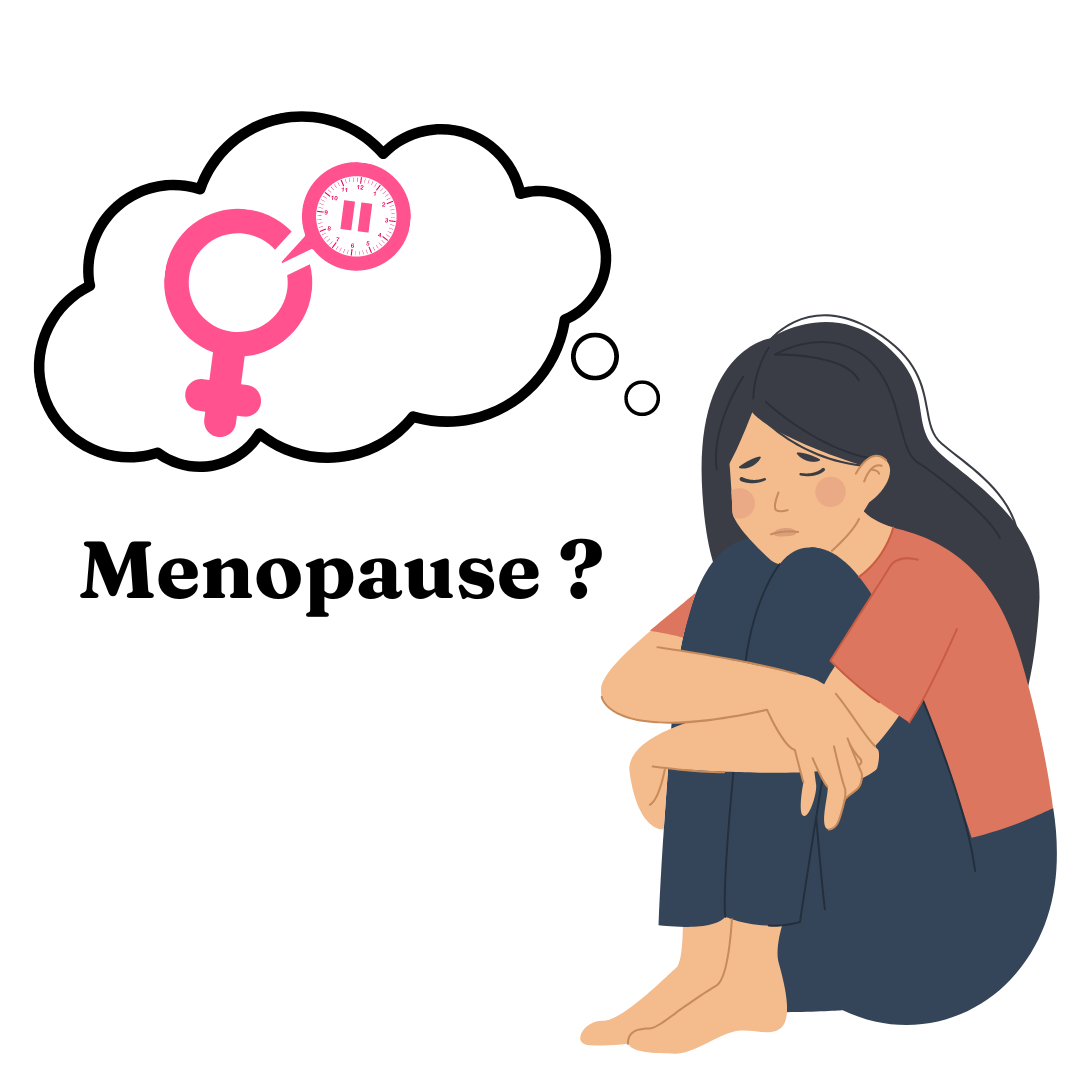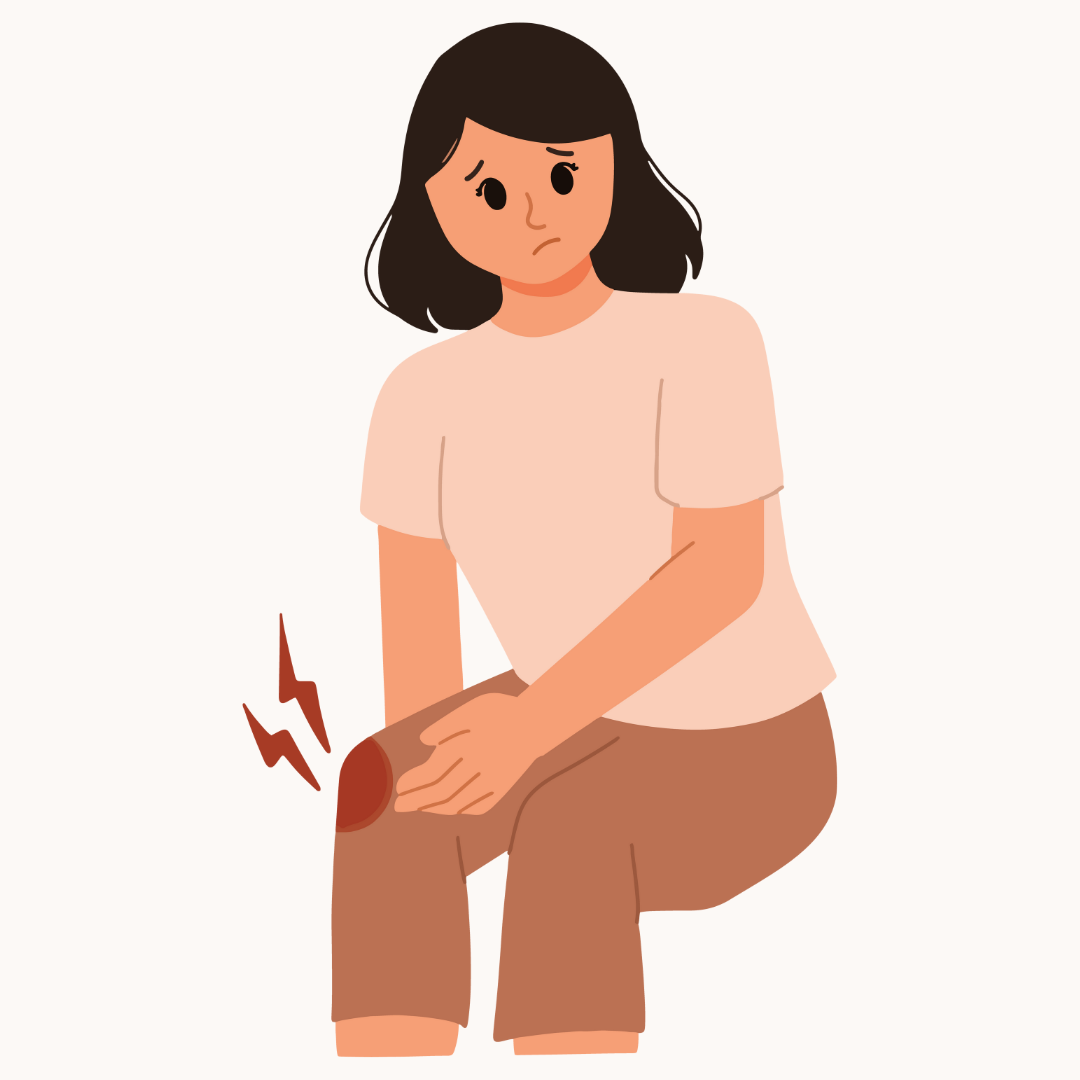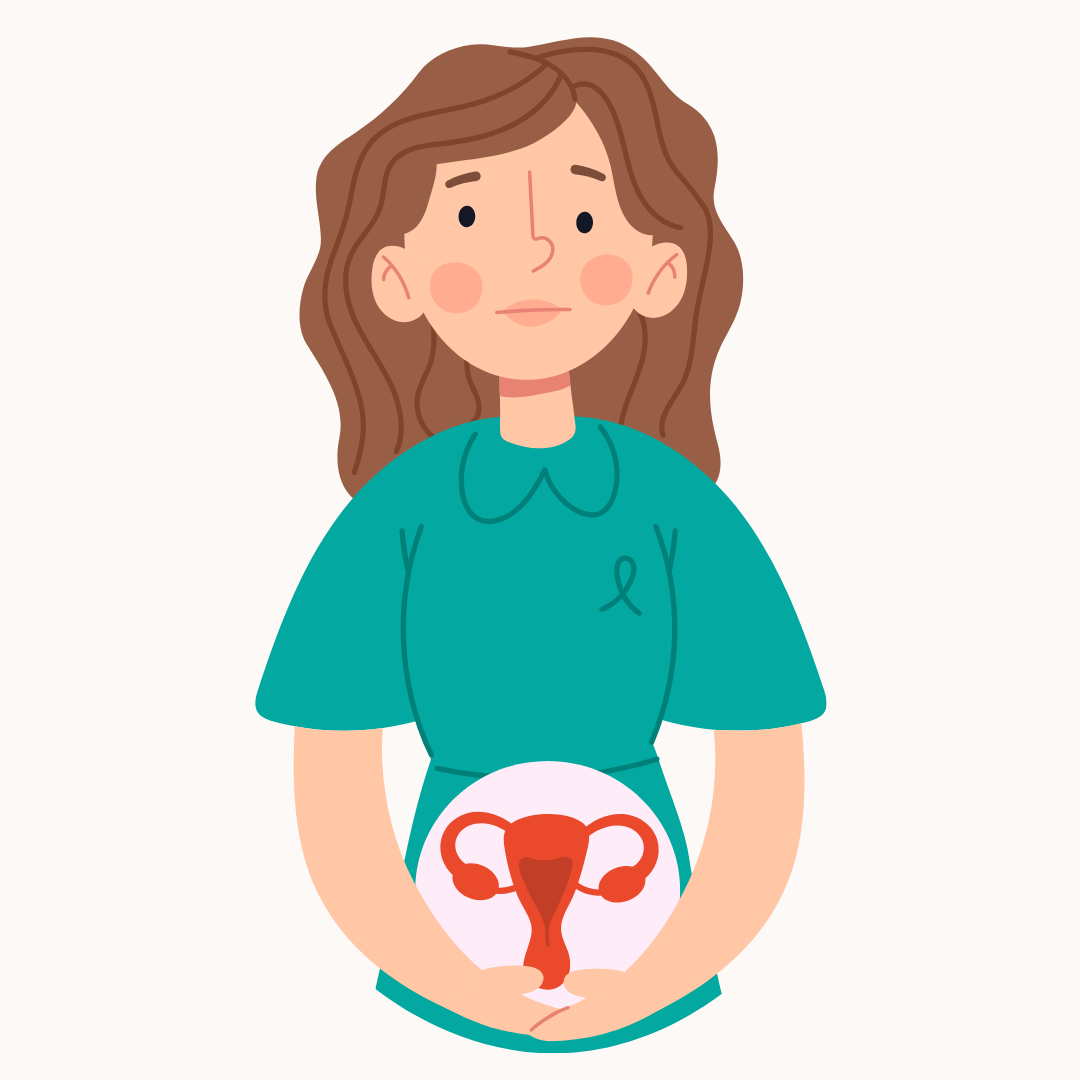Menopause: Peri & Post Menopause Special Diet Program
“Say goodbye to menopausal woes with the right nutrition!
Explore our tips for managing symptoms
and promoting health at every stage;
From peri to post, fuel your body for vitality and balance. “

The menopause journey begins with perimenopause, marked by hormonal shifts and irregular periods, leading to menopause, the cessation of menstruation.
Post-menopause phase is remarkable with ongoing hormonal adjustments and potential health concerns.
At Health Watch Nutrition Clinic, we create a holistic approach to menopause care, addressing the unique needs and challenges of each stage of the menopause journey with clinical nutrition and balanced diets.
Understanding the Menopause Journey
1. Perimenopause is the transitional phase leading up to menopause, typically beginning in a woman’s 40s but sometimes earlier. During this time, hormone levels fluctuate, leading to irregular menstrual cycles and health problems.
2. Menopause: Menopause is defined as the cessation of menstrual periods for at least 12 consecutive months, marking the end of a woman’s reproductive years.
3. Post-Menopause: Post-menopause follows menopause and is characterized by the absence of menstrual periods with special health concerns.
Genetic Predisposition: Having a family history of diabetes increases the likelihood of developing the disease and poor lifestyle certainly worsens the prognosis.
Obesity and Sedentary Lifestyle: Excess body weight, particularly fat on the abdomen and physical inactivity are major contributors to type 2 diabetes. Adipose tissue ie visceral fat increases inflammation impairing insulin sensitivity and glucose metabolism.
Insulin Resistance: Insulin resistance occurs when the body’s cells become less responsive to the effects of insulin, a hormone responsible for regulating blood sugar levels. This resistance forces the pancreas to produce more insulin to compensate, leading to elevated blood sugar levels over time. This reaction often leads to dark skin pigmentation seen on neck-underarms -acanthosis nigricans.
Poor Diet: A diet high in refined carbohydrates, sugars, unhealthy fats, and processed foods can contribute to insulin resistance and weight gain, increasing the risk of type 2 diabetes.
Gestational Factors: Gestational diabetes can develop during pregnancy due to hormonal changes that affect insulin sensitivity. Women who develop gestational diabetes have an increased risk of developing type 2 diabetes later in life, as do their children.
Physical Inactivity: Lack of regular physical activity can contribute to obesity, insulin resistance, and poor blood sugar control. Regular exercise helps improve insulin sensitivity, promotes weight loss or maintenance, and reduces the risk of developing type 2 diabetes.
Stress: Chronic stress can elevate cortisol levels, leading to increased blood sugar levels and insulin resistance. Stress management techniques such as mindfulness, meditation, and relaxation exercises can help mitigate the impact of stress on diabetes risk.
Sleep Disorders: Poor sleep quality, sleep deprivation, and untreated sleep disorders such as obstructive sleep apnea can disrupt hormonal balance, increase insulin resistance, and raise the risk of developing type 2 diabetes.
Challenges faced during each stage of the Peri -meno-Postmenopausal journey:

Hormonal fluctuations

Heart Health

Changes in libido

Hot flashes

Joint pain

Mood swings

Sleep disturbance

Vaginal dryness
Our Program Features:
- Management of menopausal health concerns and correction of nutritional status
- Video / In-Clinic consultation with Dr. Zubeda Tumbi.
- Follow-up Consultation with Dr. Tumbi Every 10th – 12th day.
- We have personalized, customized diet & lifestyle plans.
- Team Support: Monday to Saturday; 9:00 AM to 6:00 PM on WhatsApp, Phone & Email.
- Our supportive community outreach programs: a unique feature begun by Dr. Tumbi will help you to connect, share experiences with likeminded people in a group therapy.
- Tips on stress management techniques, reducing screen time and improving sleep hygiene are important tools in this health journey.
At Health Watch Nutrition Clinic: Our Menopause: Special Diet Program is designed to support women through every stage of the menopause journey, from Perimenopause to Post-menopause through customized meal plans, dietary recommendations, and expert guidance. The personalized approach by Dr. Zubeda Tumbi and her team helps you reach your health goals that impacts your health holistically.

